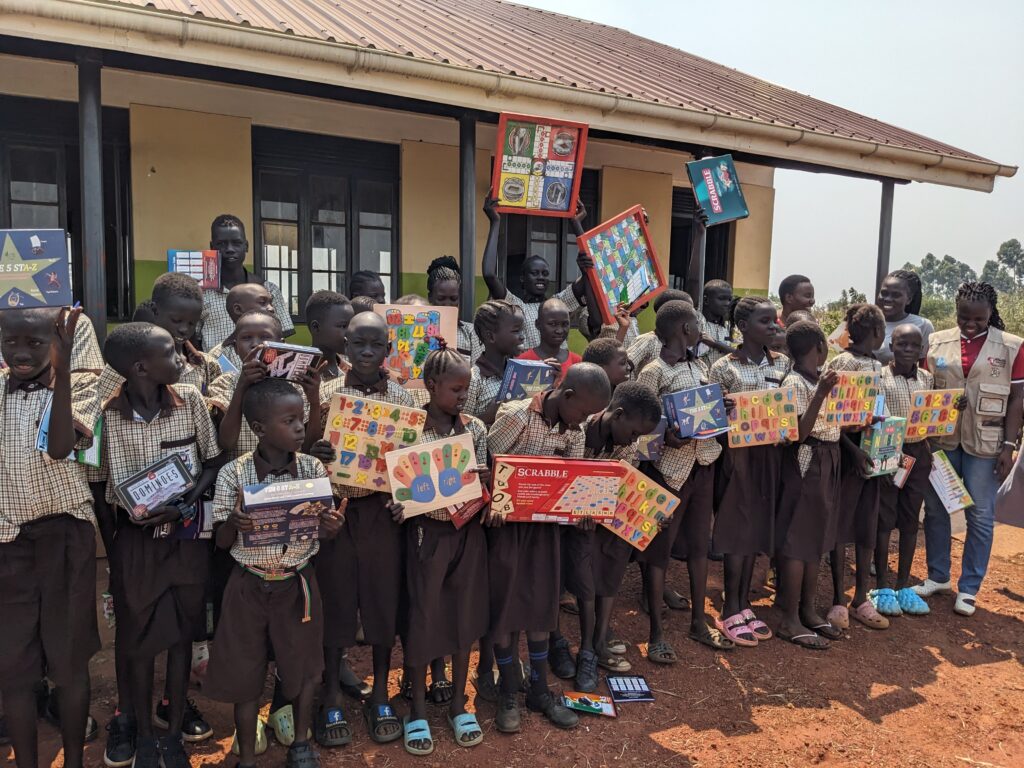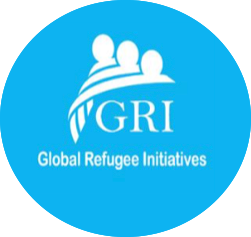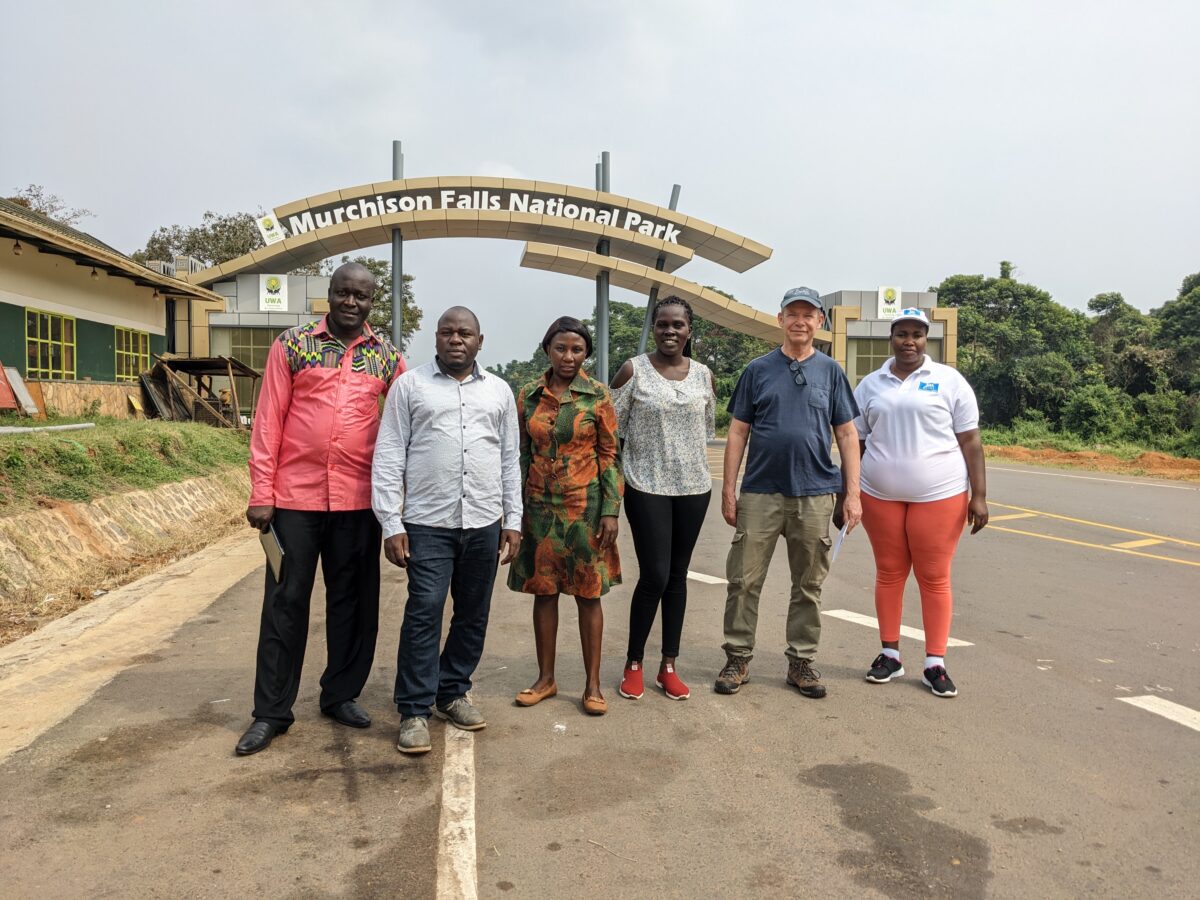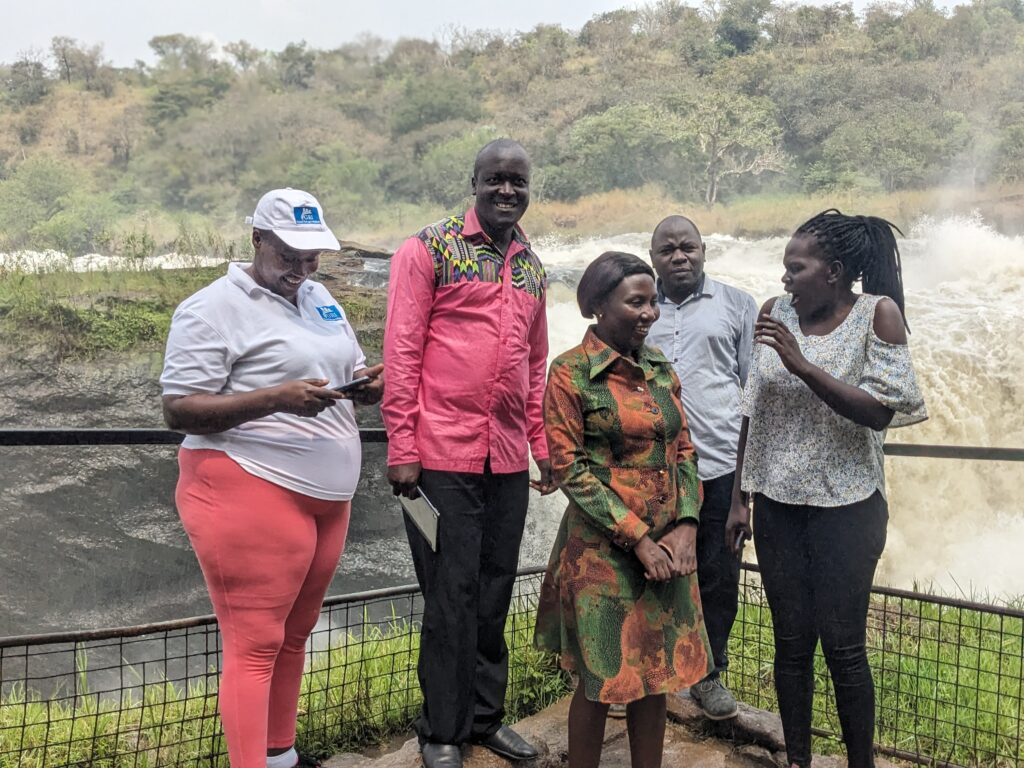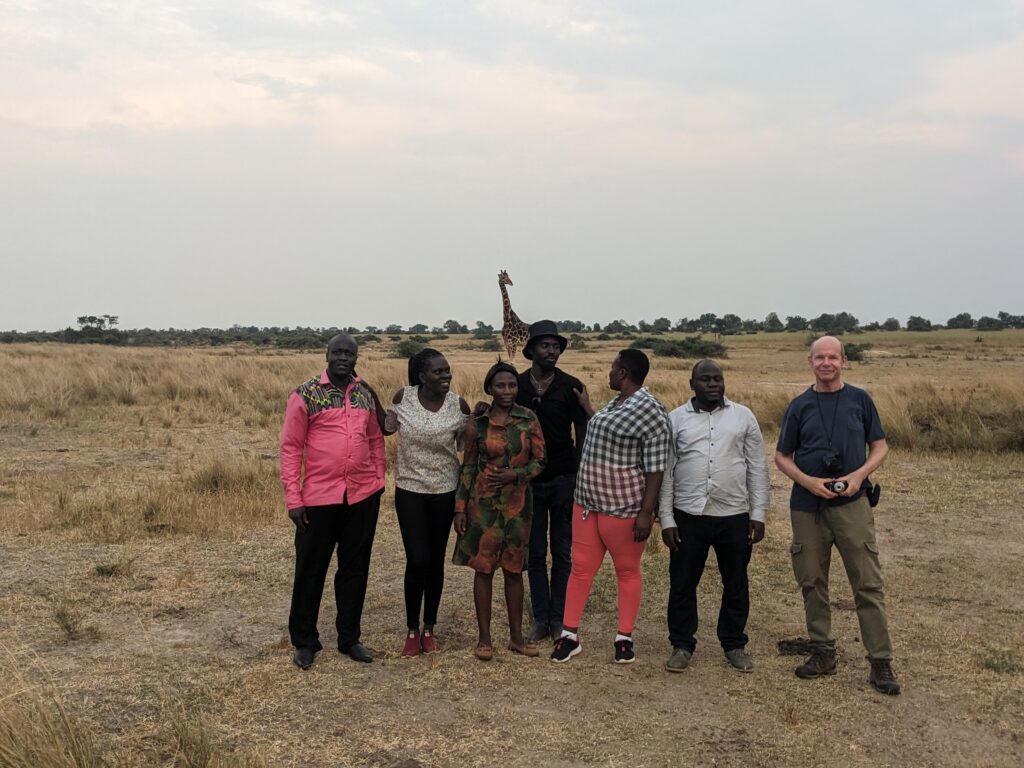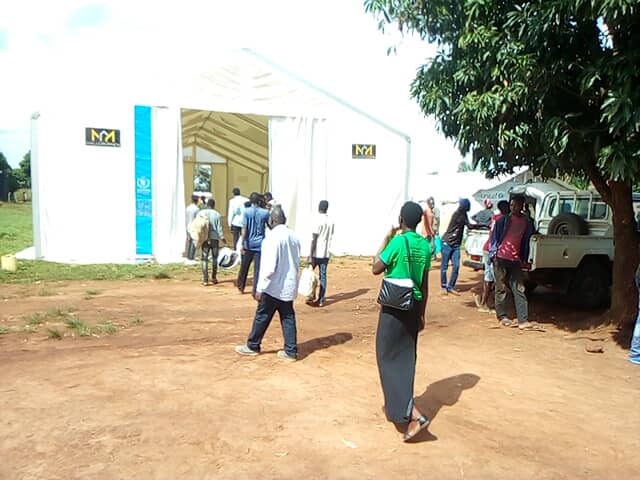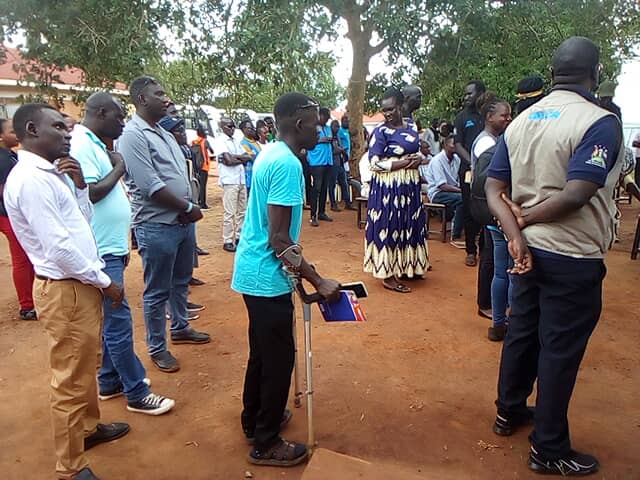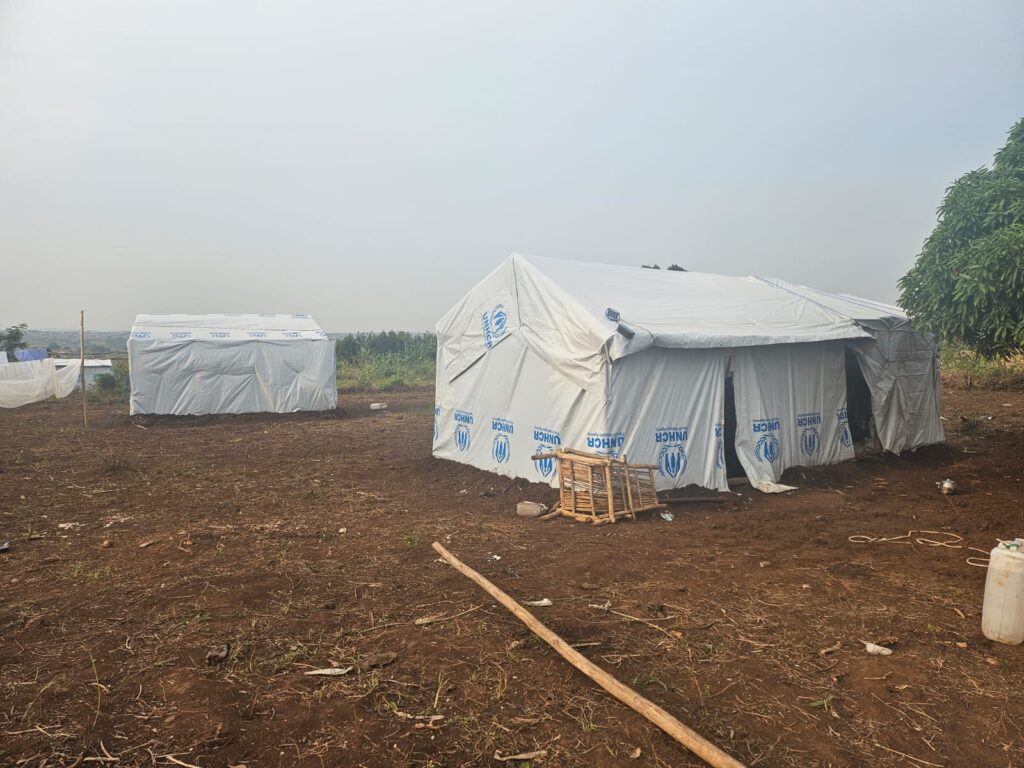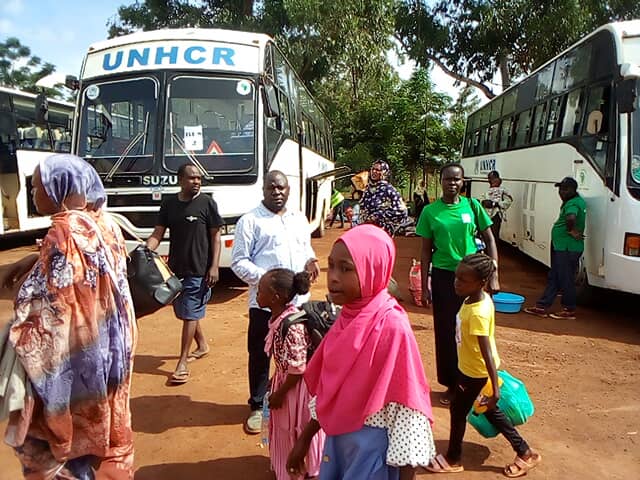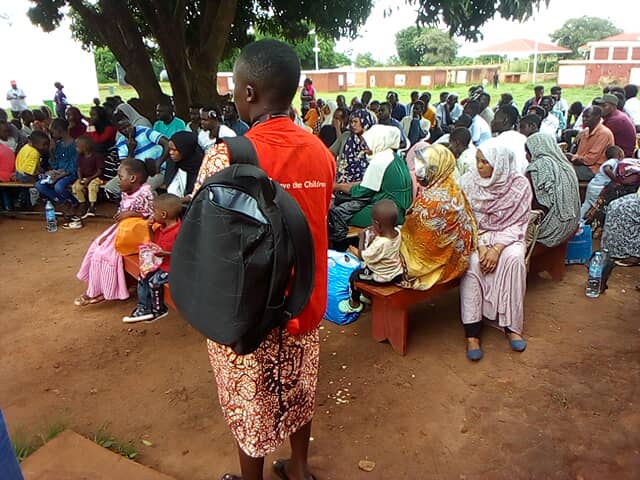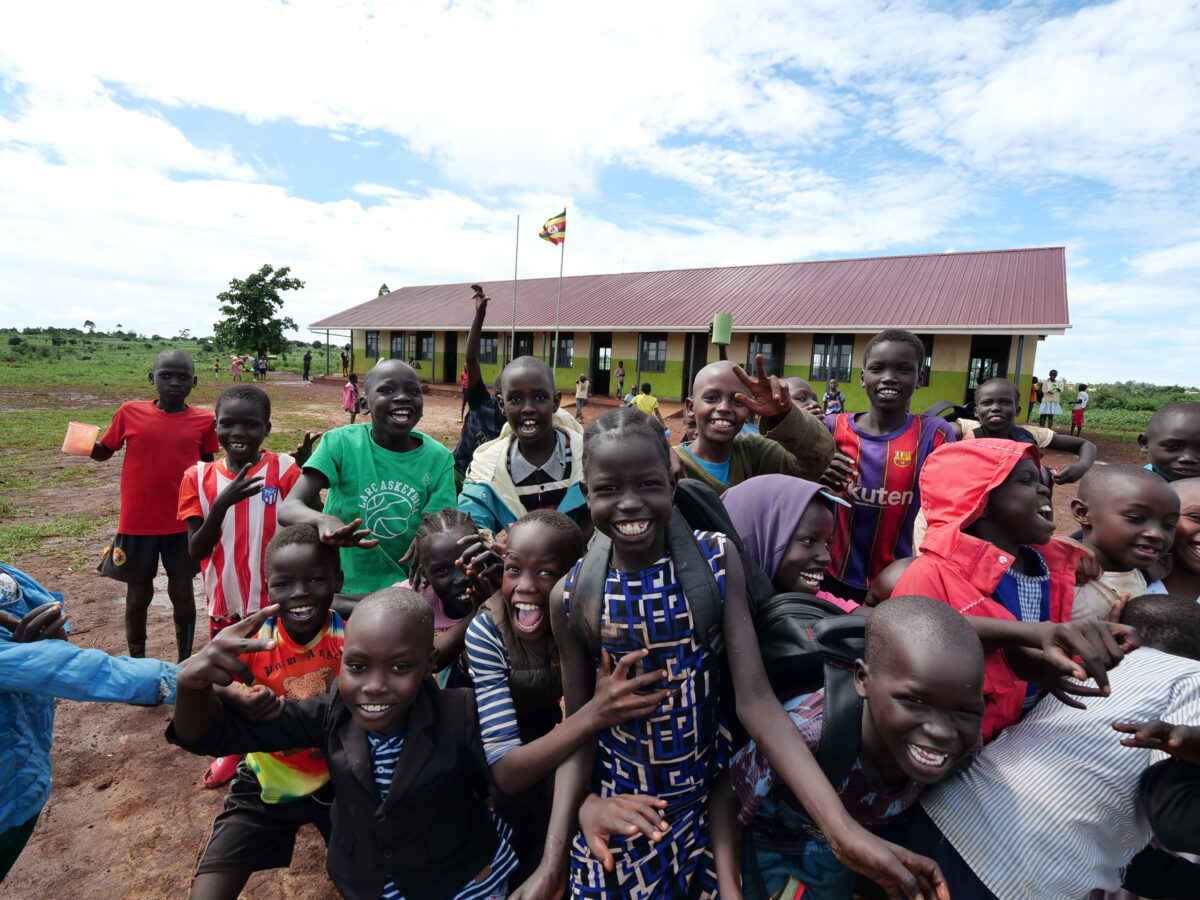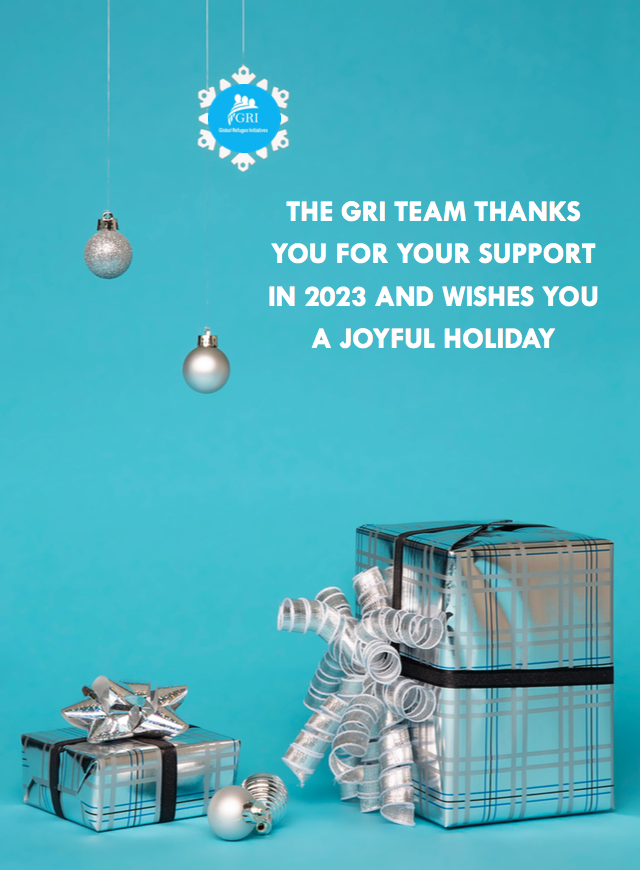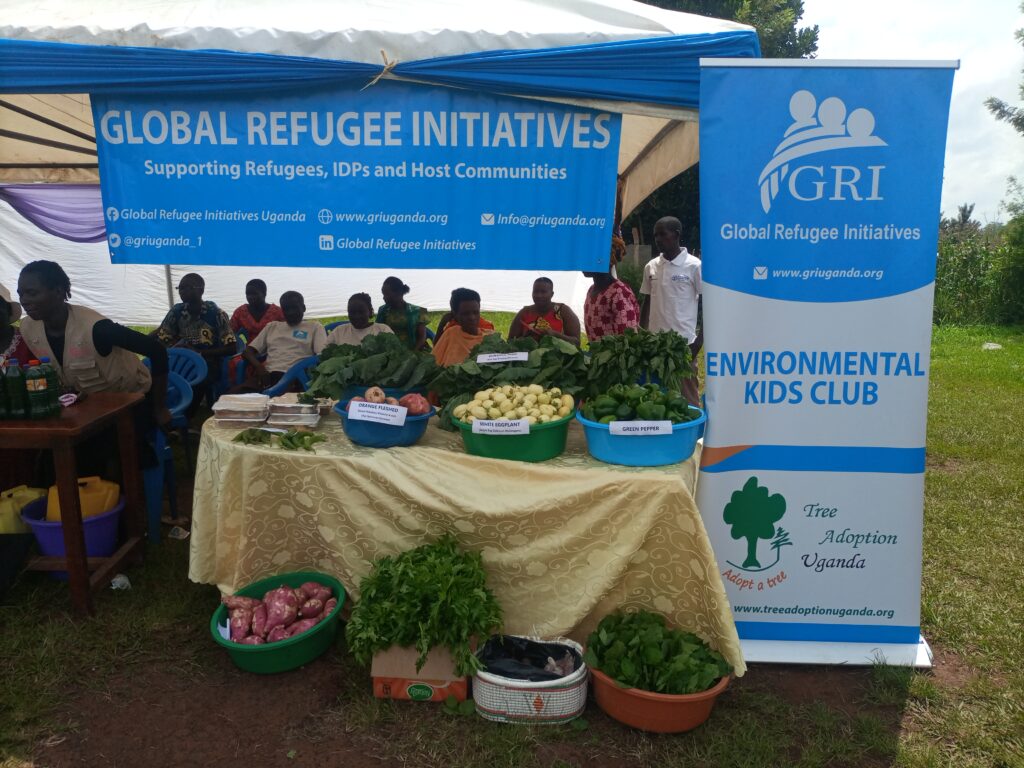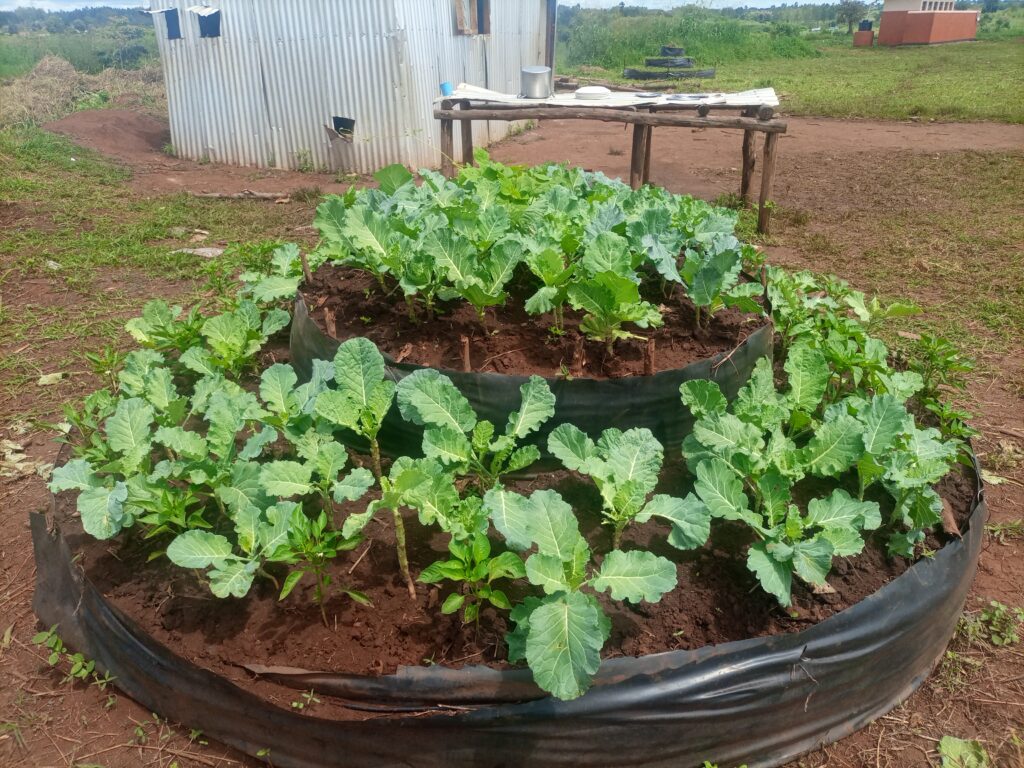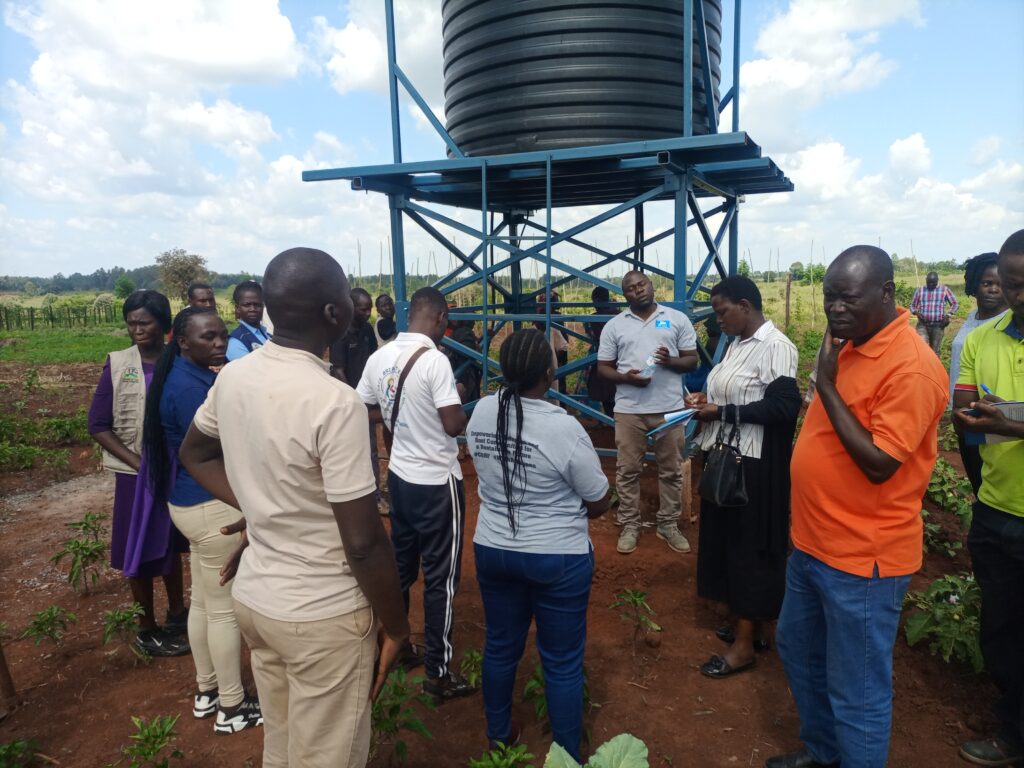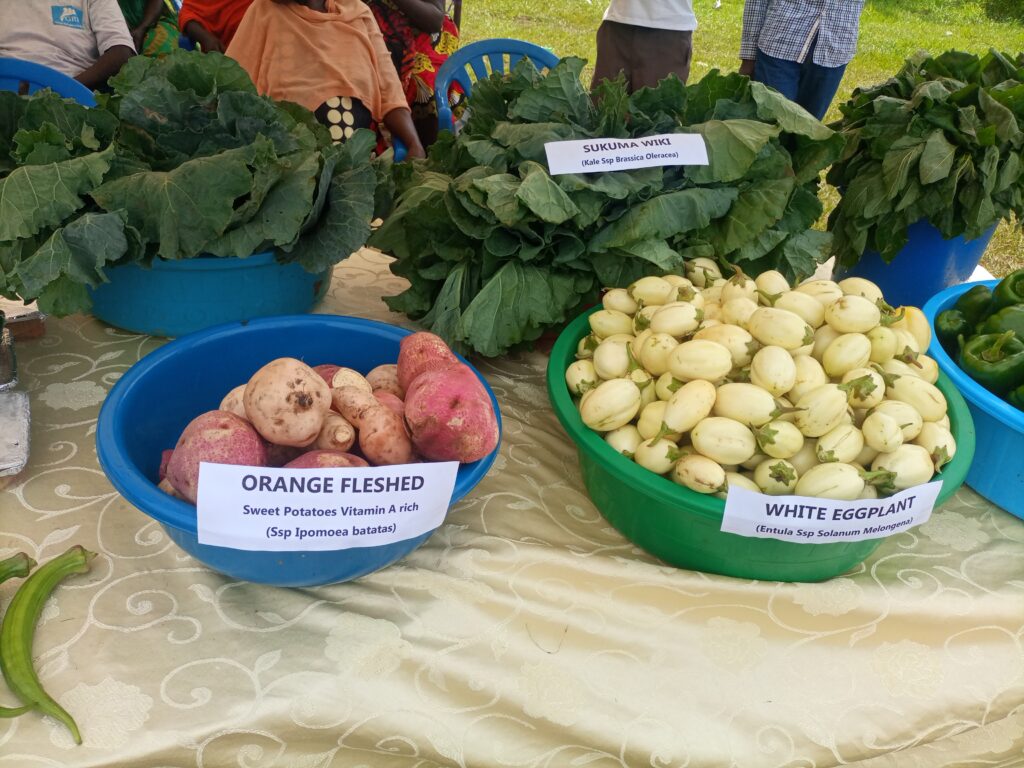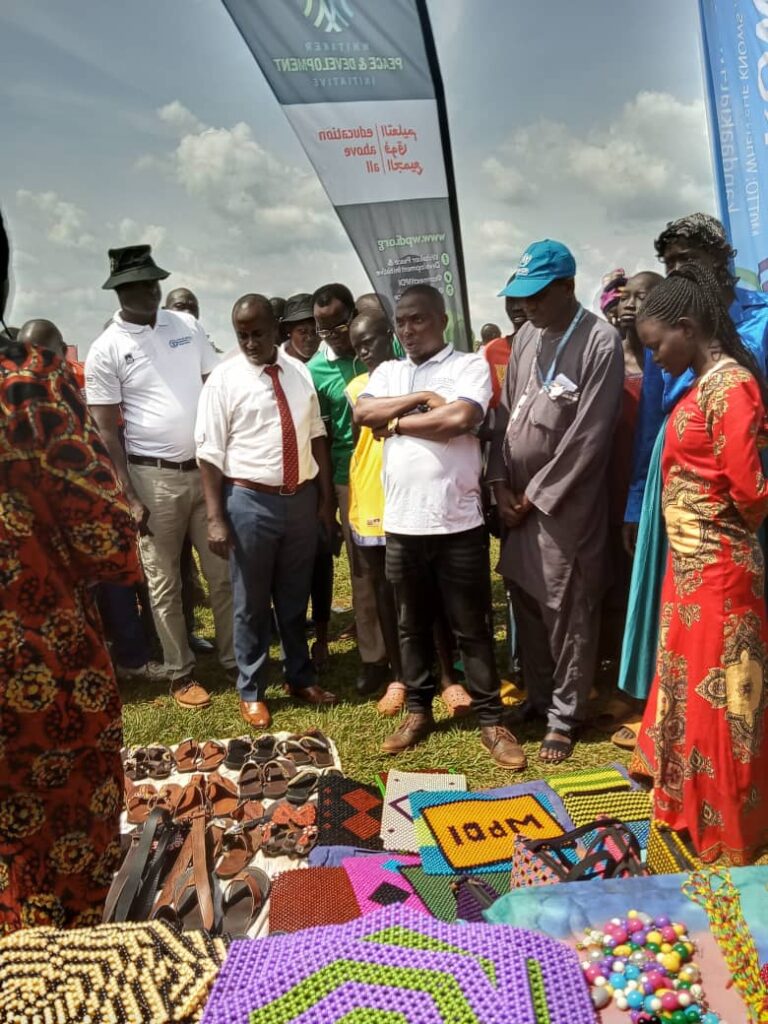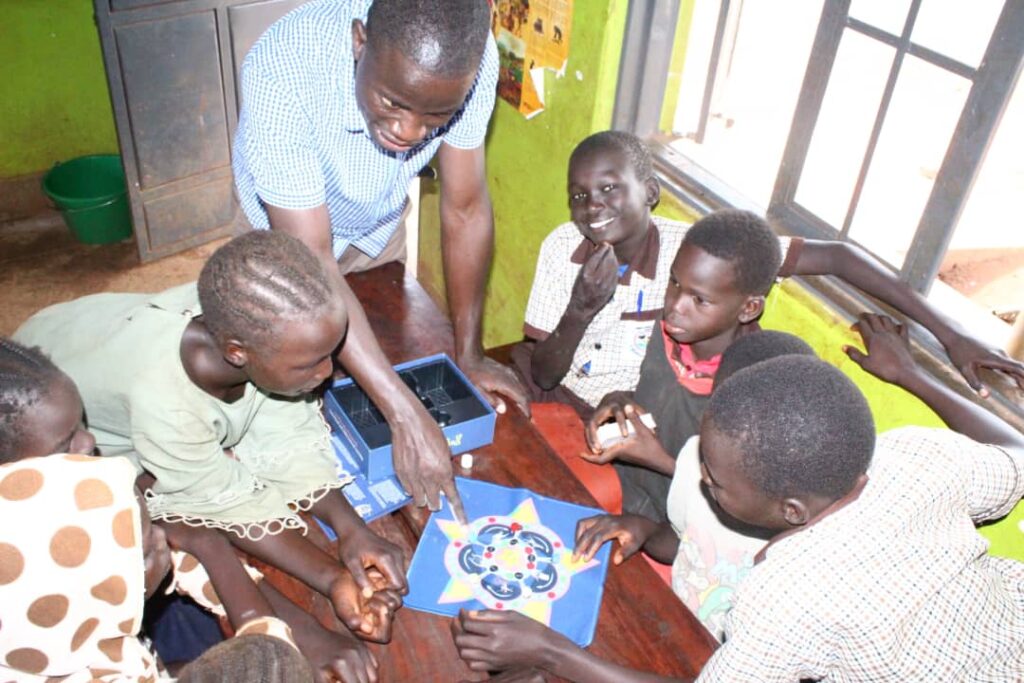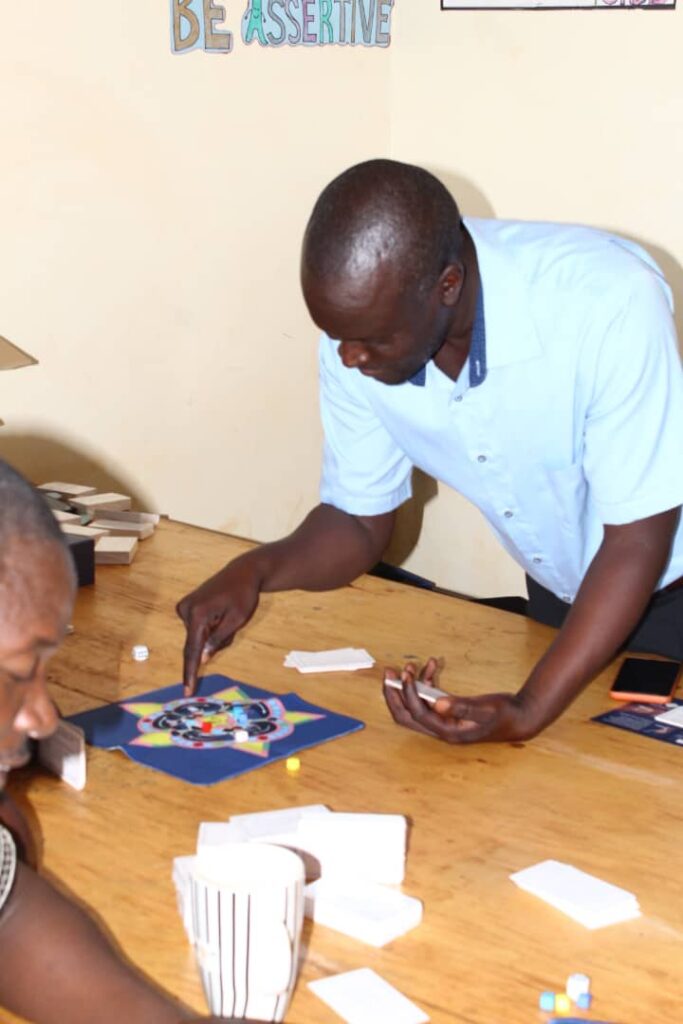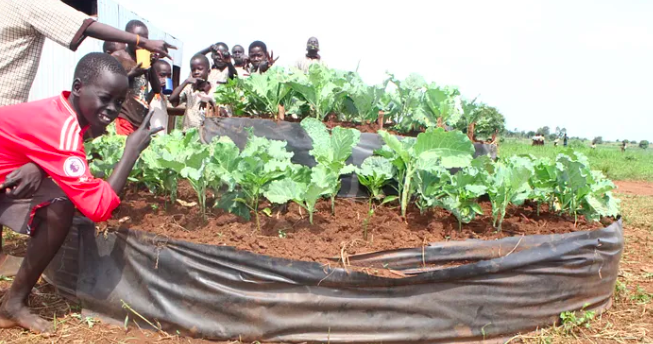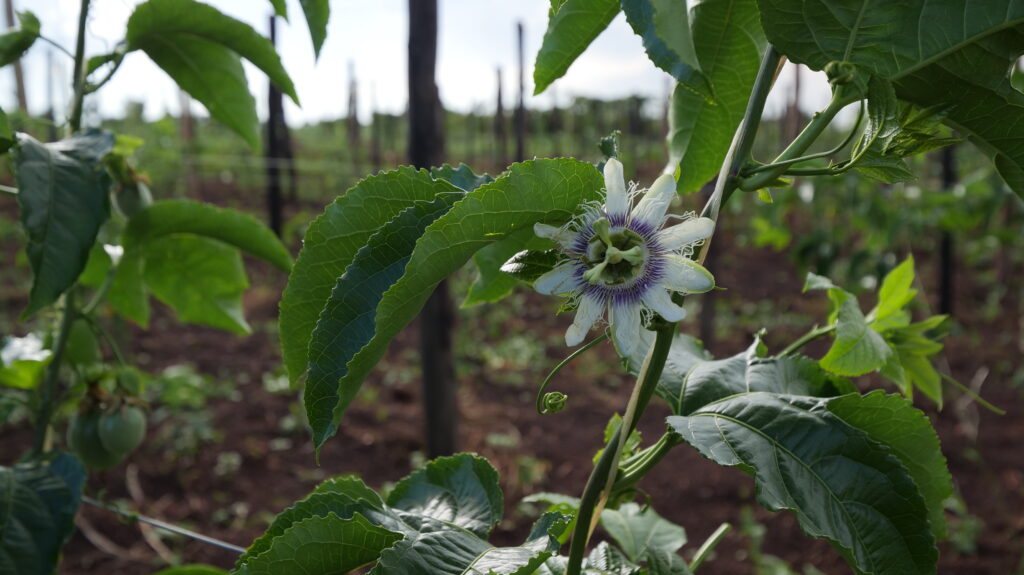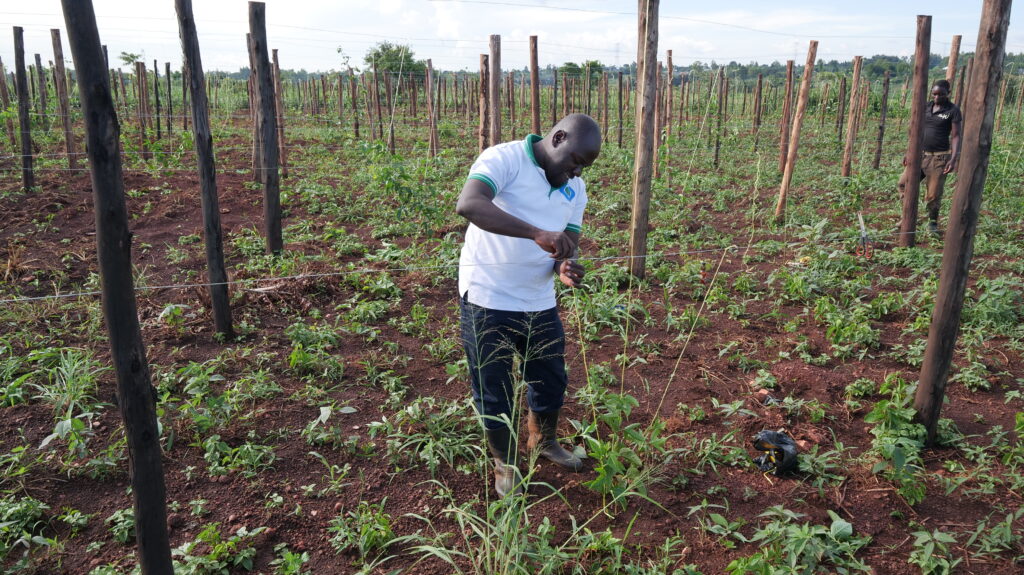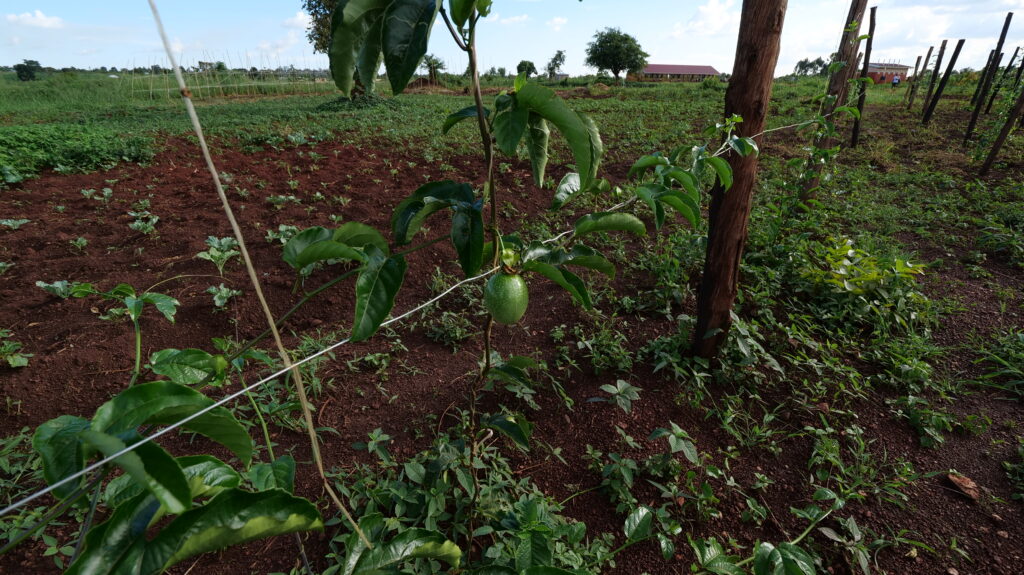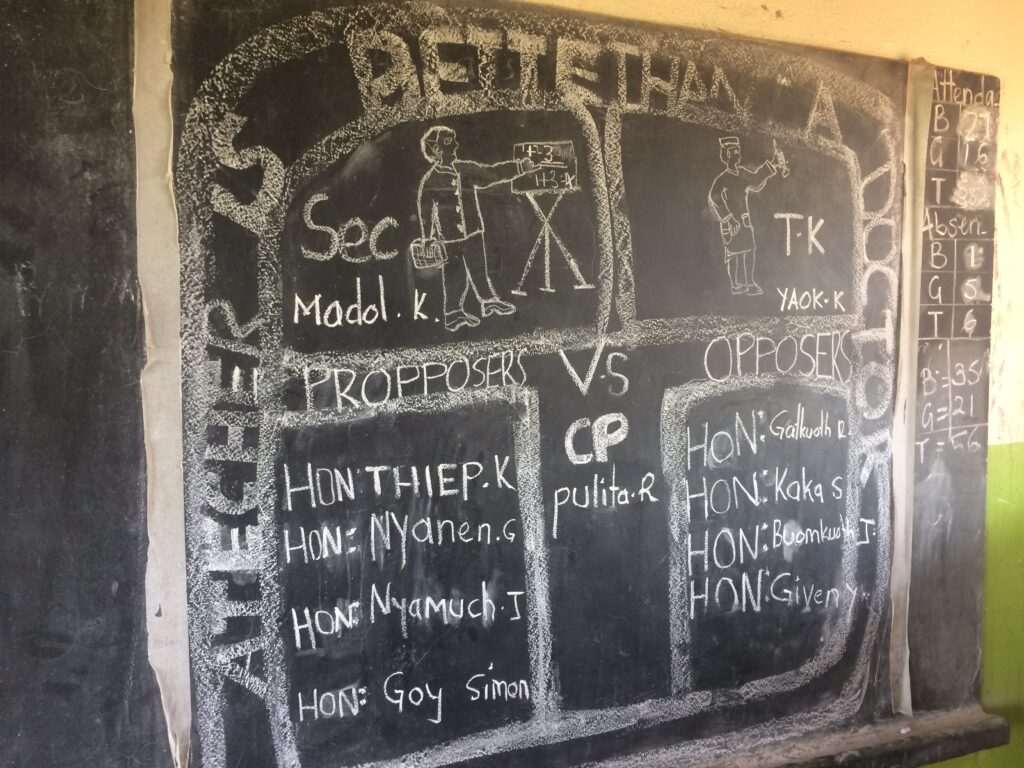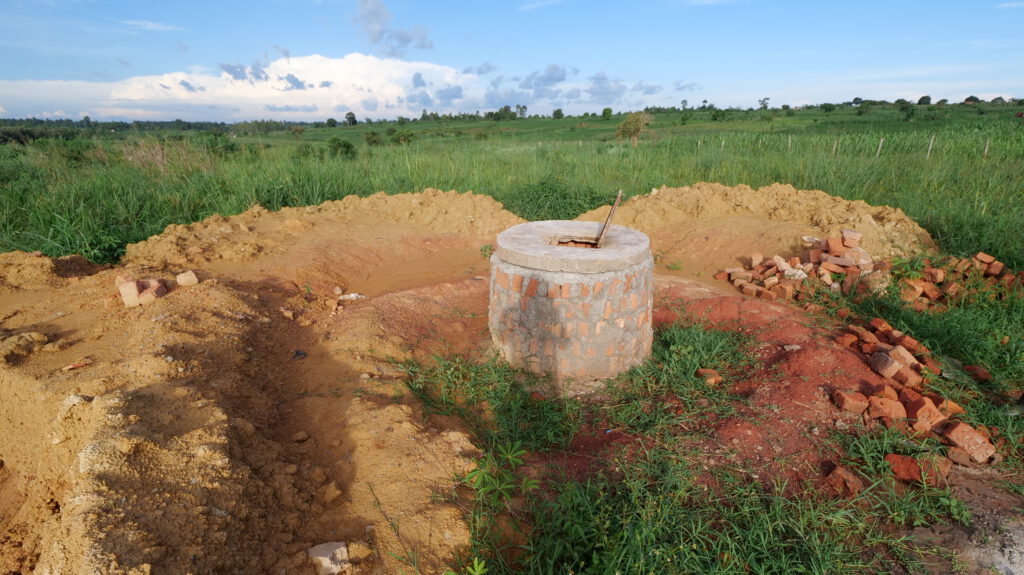This week we officially launched our game-based learning activities at Ubuntu Model Primary School. During school holidays as well as during regular lessons, our learners get the opportunity to enhance their learning experience by playing games such as the 5-STAZ developed by My Home Stars, Scrabble and others.
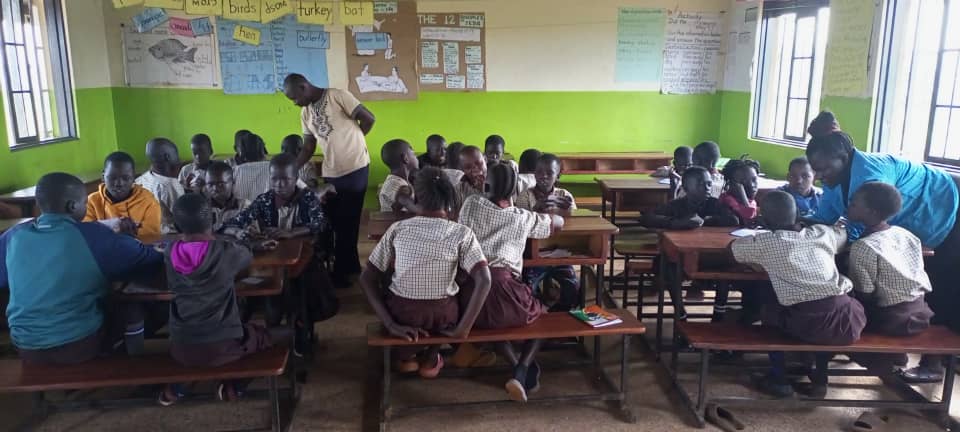
Why use games to teach? The instructive and fun board game activities complement the national curriculum and facilitate learning for children who struggle with conventional teaching methods. Research shows that using games in teaching can help increase student participation and foster social and emotional learning. The positive social encounters strengthen the children’s self-confidence and improve their psycho-social well-being. Moreover, the playing sessions serve as a platform to create bonds of friendship, build trust and solidarity amongst each other.
During your education, did you get the chance to learn through games? What is your experience with game-based learning? Share your comments with us.
Also, if you wish to support our education program please visit our donation page or reach out to us via: info@griuganda.org
